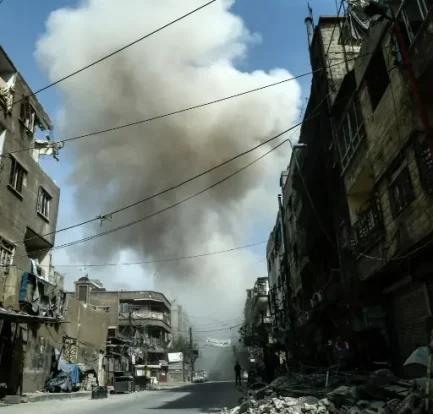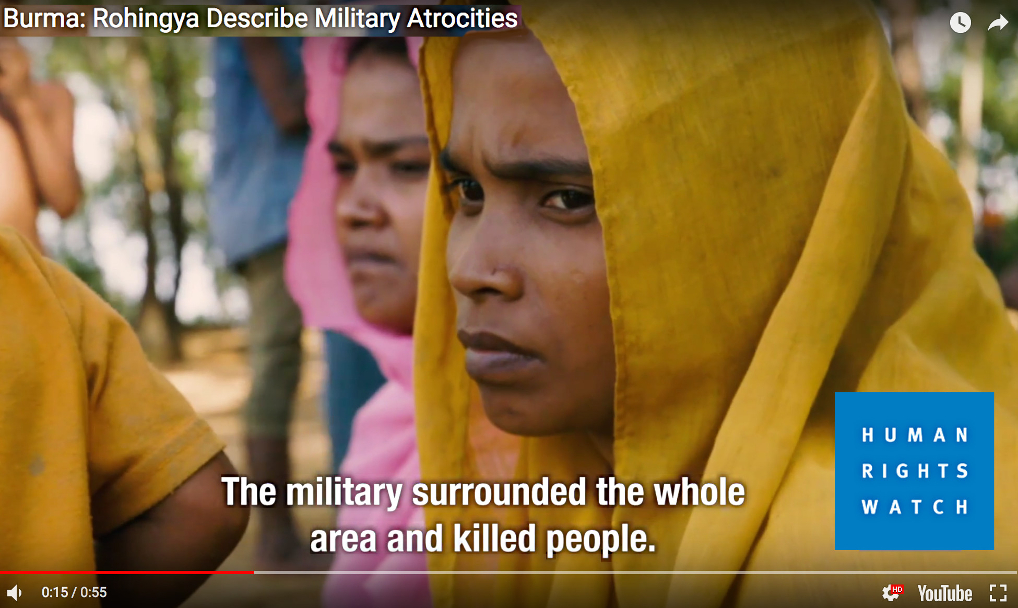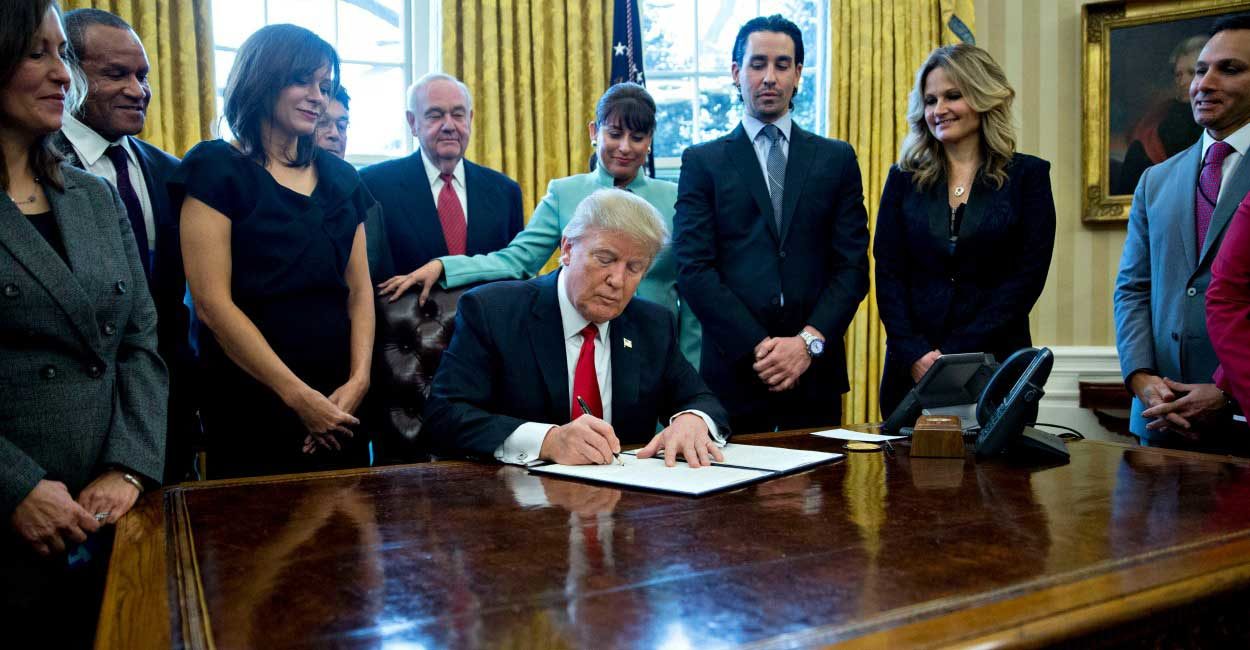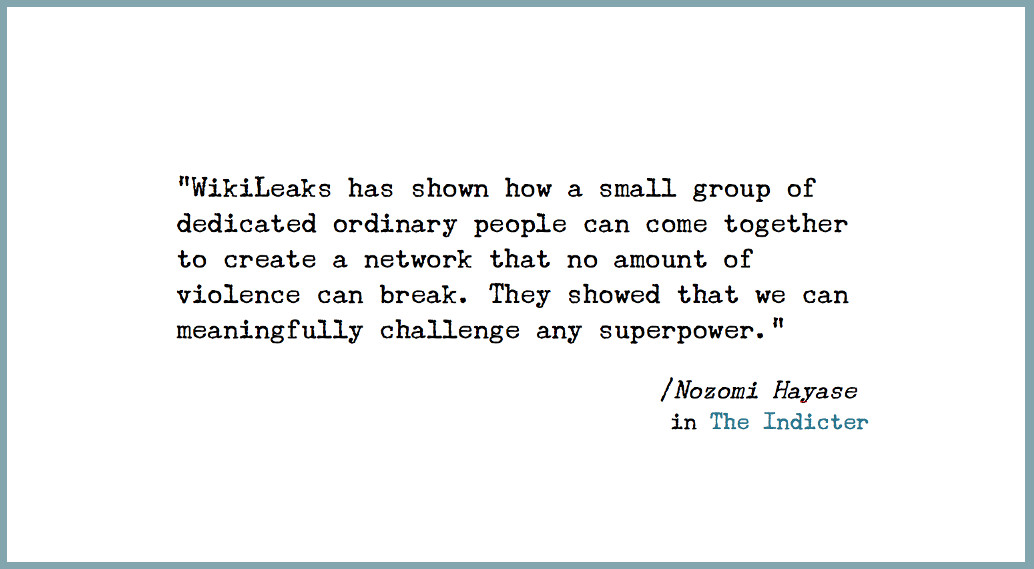A look at the Telegraph’s recent photograph. Oped by Eva Roberts. On 28th July Telegraph readership was presented with a photograph, captioned “Ukrainian army medics treat wounded soldiers at a stabilisation point in the direction of Bakhmut. CREDIT: Anadolu Agency/Anadolu” It is surely a study in Western media’s portrayal of Ukrainians. The original version as […]
Browsing Category: Op-ed article
Douma Chemical Massacre – How the Victims were Killed, by Whom, and Why
By Adam Larson Editor’s note: A complete version of Adam Larson’s in-depth analysis on the Douma chemical massacre of 7 April 2018, can be found at Monitor on Massacre Marketing. WARNING: GRAPHIC IMAGES The latest report from the OPCW’s Investigation and Identification Team (IIT) on the 2018 Douma chemical massacre maintains the blame on Syria’s […]
Men in Black at Kha Maung Seik, A Massacre BY Rohingya? – PART II of the series “Fake News & Massacre Marketing in the Rohingya Crisis”
By Adam Larson Editor’s Note: This is the second part of the series in The Indicter, which comprises the following sections: Part 1. Introduction to Questioning the Massacre Stories Part 2: Men in Black at Kha Maung Seik: A Massacre BY Rohingya? Part 3: Other Massacre Stories that Fall Apart (and conclusion) Part 2: […]
Fake News and Massacre Marketing in the Rohingya Crisis – PART I: Questioning the Massacre Stories
By Adam Larson Editor’s Note: This series comprises the following sections, which will be published successively: Part 1. Introduction to Questioning the Massacre Stories Part 2: Men in Black at Kha Maung Seik: A Massacre BY Rohingya? Part 3: Other Massacre Stories that Fall Apart (and conclusion) . Part 1 Introduction to Questioning the […]
Non-Alignment and Dissent to Challenge US-Russia-China’s New World Order
By Gilbert Mercier In groups of people there are always bullies who feel entitled, for no particular reason, to want more than the rest and to dominate the others in complete disregard of the common good. Fortunately for convivial people, bullies tend to have the psychological subtlety of dominant male gorillas who beat loudly on […]
Trump, the Pathology of the Empire and Healing the Wound of America
Opinion article by Nozomi Hayase Ph.D. The first month of Trump in office unleashed chaos and turmoil with a series of executive orders threatening women’s reproductive rights, immigrants and sacred water guarded by the Standing Rock Sioux Tribe. Trump presidency was a transition from a regime of secrecy to that of naked power. In my […]
“Awakening Courage in the Era of Trumpism”
By Dr. Nozomi Hayase. Editor’s Note. Nozomi Hayase’s op-ed might leave readers with a constellation of emotions –beyond agreement, or not, with her thesis. In the editor’s impression, a principal feature of Nozomi Hayase’s text here is that the reader is left with a variety of political-anthropological reflections; not only about this segment of US […]






